 By: Sonya Fehér
By: Sonya Fehér
When it’s hot outside, it’s the perfect time to tackle an organizing project that allows you to sit and sort. Organizing paper doesn’t require much physical exertion unless you have boxes full of papers to lift. Even then, one box will contain enough paper that you can space out how frequently you need to move or lift anything.
Types of Paper to Pare Down
All paper is not created equal. Some of it can go straight to recycling. Other paper has information on it that could put you at risk of identity theft. Then there’s the stuff you need now but won’t need later, and the paper that you might need to refer to in the future.
Let’s consider the type of paper you likely have hanging around.
· Tax paperwork: Besides W-2s and 1099s, your tax filing might require copies of receipts, bank statements, utility bills, medical expenses, and more.
· Mail: The paper that most regularly enters your home is probably your mail including bills, catalogs, pre-approved credit card and insurance offers, magazines, sales mailers, and maybe you even get letters or cards from people you love.
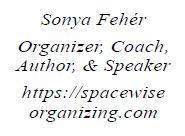 · Kids’ school and artwork: If your kids are beyond school age, you may have a backlog of their childhood papers stored in the attic, garage, or closet somewhere. You also may have boxes of your childhood artwork, spelling tests, and report cards that you haven’t managed to go through yet.
· Kids’ school and artwork: If your kids are beyond school age, you may have a backlog of their childhood papers stored in the attic, garage, or closet somewhere. You also may have boxes of your childhood artwork, spelling tests, and report cards that you haven’t managed to go through yet.
· Files: You’ve also probably got files — in file cabinets, banker’s boxes, desktop file boxes, or plastic file carriers, most of them filled with information you’ll never need again.
· Memorabilia: Paper memorabilia might include ticket stubs, letters and greeting cards, boarding passes, and more.
· Piles: Paper piles have a combination of all the categories mentioned above plus random notes, lists, and action items.
Organizing paper is your time to look at it all again and decide what to recycle, shred, trash, file, or act upon.
What to Recycle, Shred, Trash, or File
One of the biggest obstacles to organizing paper is not knowing what you need to keep and how to get rid of what you don’t need.
· Trash: Paper to trash includes anything that’s coated in wax, plastic, or foil. You also need to trash napkins, tissues, paper towels, receipts, shredded paper, and wrapping paper if it has bows, ribbons, sticky tape, foil, or glitter.
· Shred: The reason to shred paper is to protect yourself from financial or medical identity theft. Shred paper that includes your social security number, birthday, and account numbers for financial accounts including credit cards and bank, investment, or retirement accounts. Shred pay stubs, checks, W-2s and 1099s, credit card and insurance offers, and old IDs. To protect yourself from medical identity theft, shred medical prescription labels and related paperwork including explanations of benefits and insurance paperwork with identifying information.
· Keep: You’ll keep paper you need to refer to in future including medical records, any account data you can’t access online or that you want in print form like your latest insurance policies, and proof of ownership including titles, deeds, and receipts for high ticket items. You’ll also keep important documents, including certificates of birth, adoption, marriage, divorce, and death; identifying documents like your social security card and passport; and records of achievement, including transcripts, degrees and diplomas, plus military and work records. Also keep paper you need to act upon, whether it’s a to-do list, a bill to pay, or a form to return.
· Recycle: Recycle anything that doesn’t fit into the above categories.
Set Yourself Up to Sort
When picking a place to sort, consider whether you’d like to dedicate the same spot to organizing paper for days or weeks, or whether you’ll set up each time you’re going through papers.
Get bins or bags to separate the paper into trash, shred, recycle, and keep.
Pick a pile and start sorting. Get rid of all the paper you don’t need so that you have space and time to focus on the paper you’re keeping.
I’ll give specific tips about what to do with the paper you’re keeping in upcoming articles. If you need advice about a particular kind of paper or find yourself stuck, send your questions to sonya@spacewiseorganizing.com.
By: Sonya Fehér Organizer, Coach, Author, & Speaker https://spacewiseorganizing.com
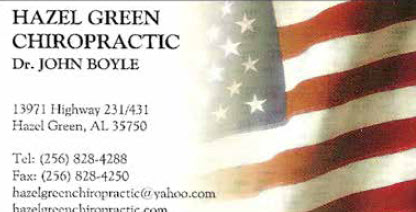



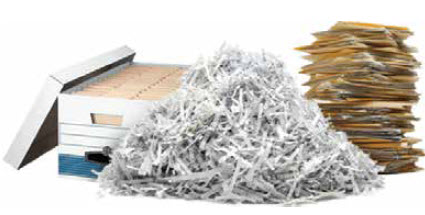
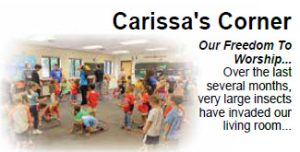
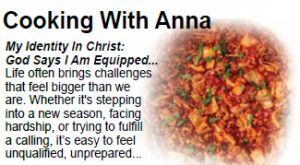
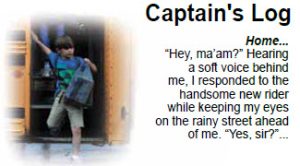
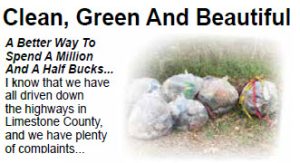


 June 20, 2025
June 20, 2025



